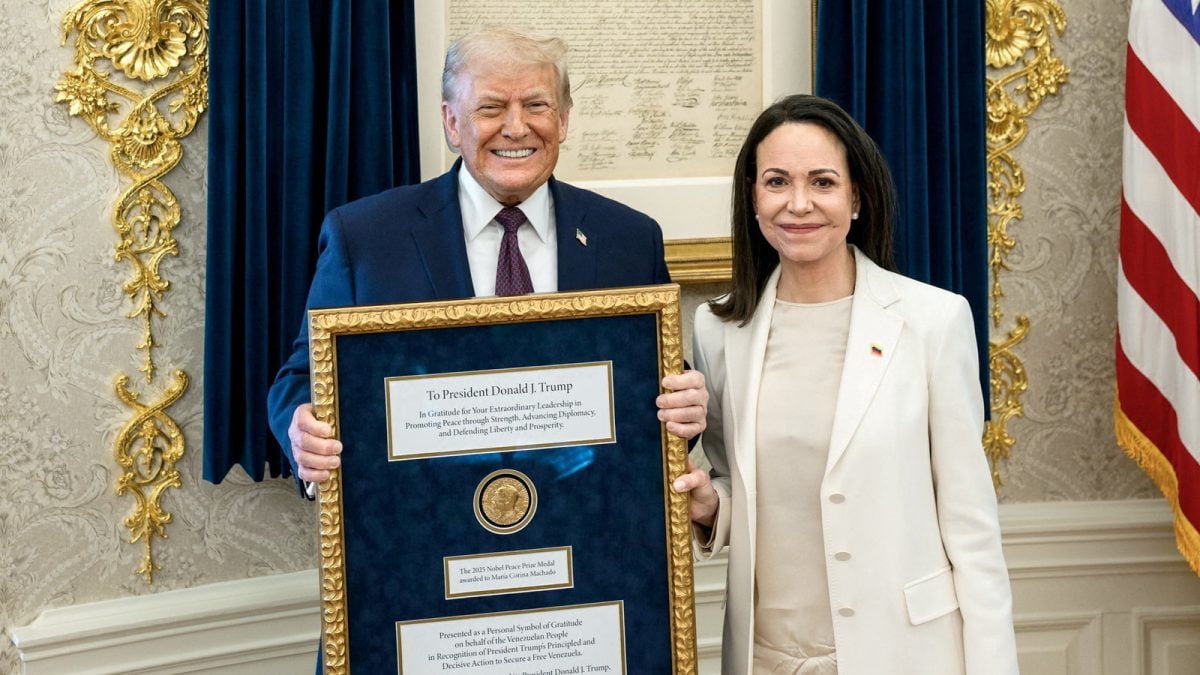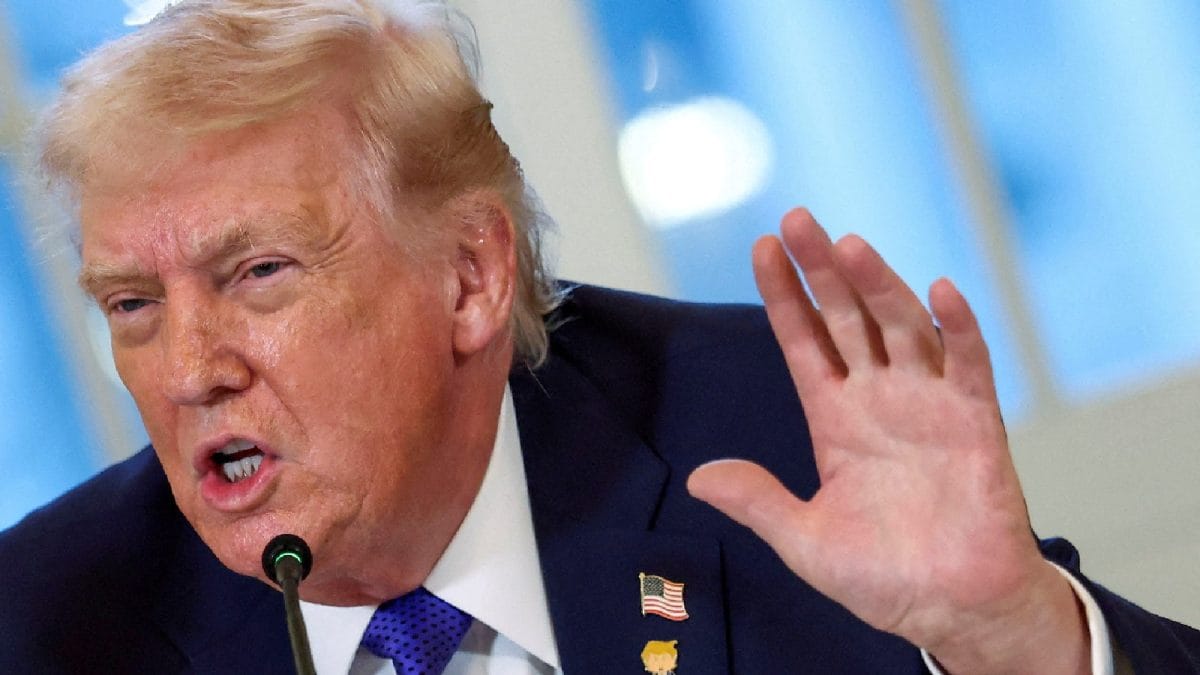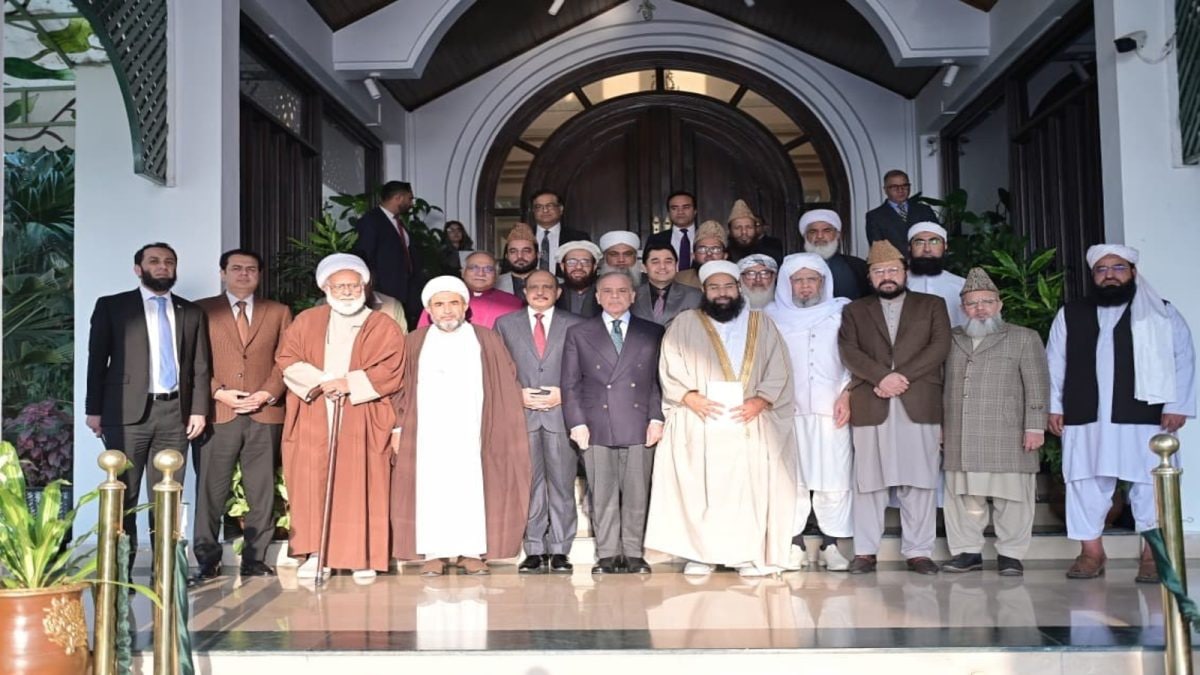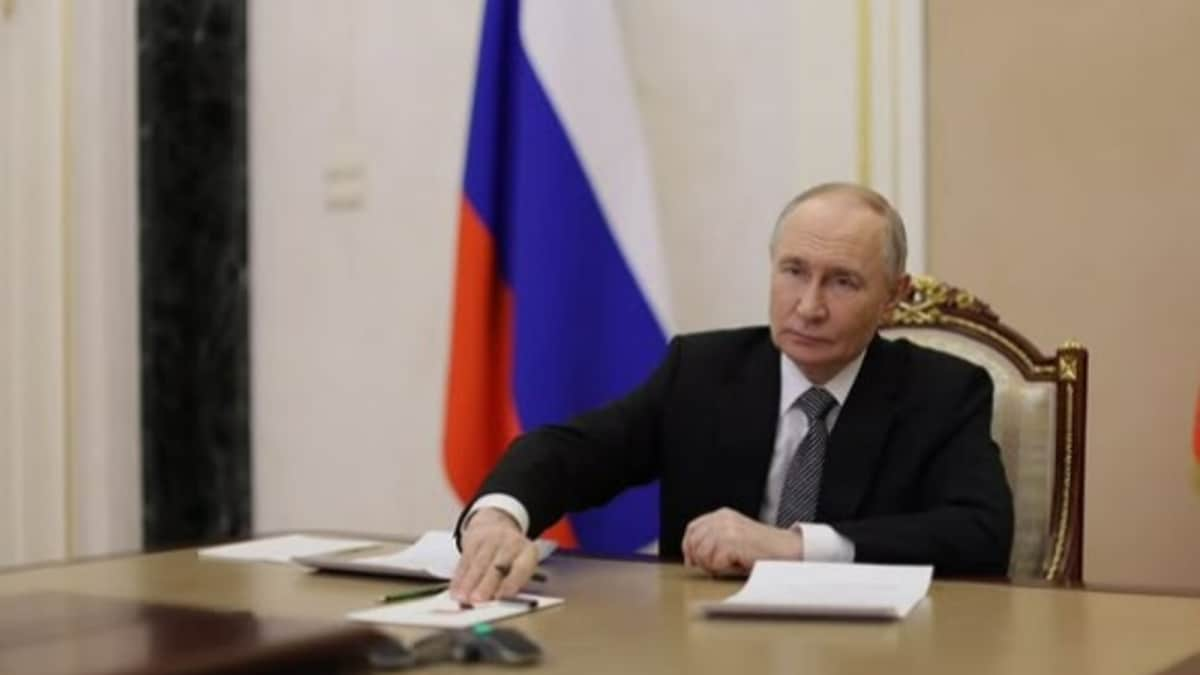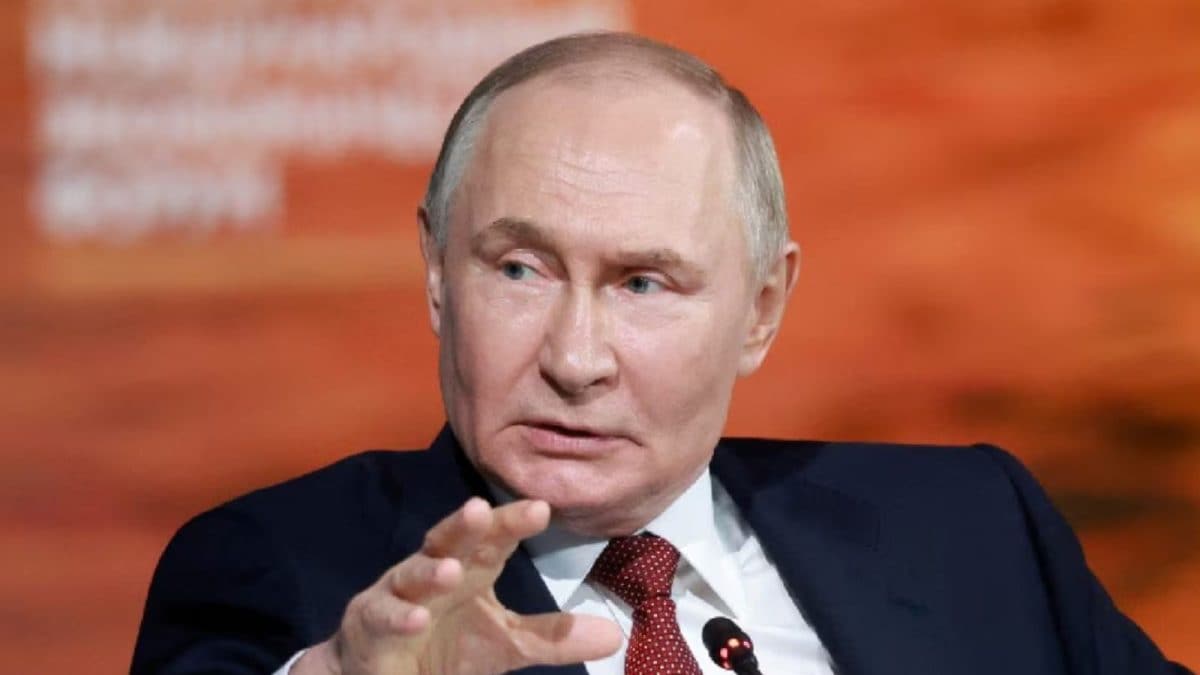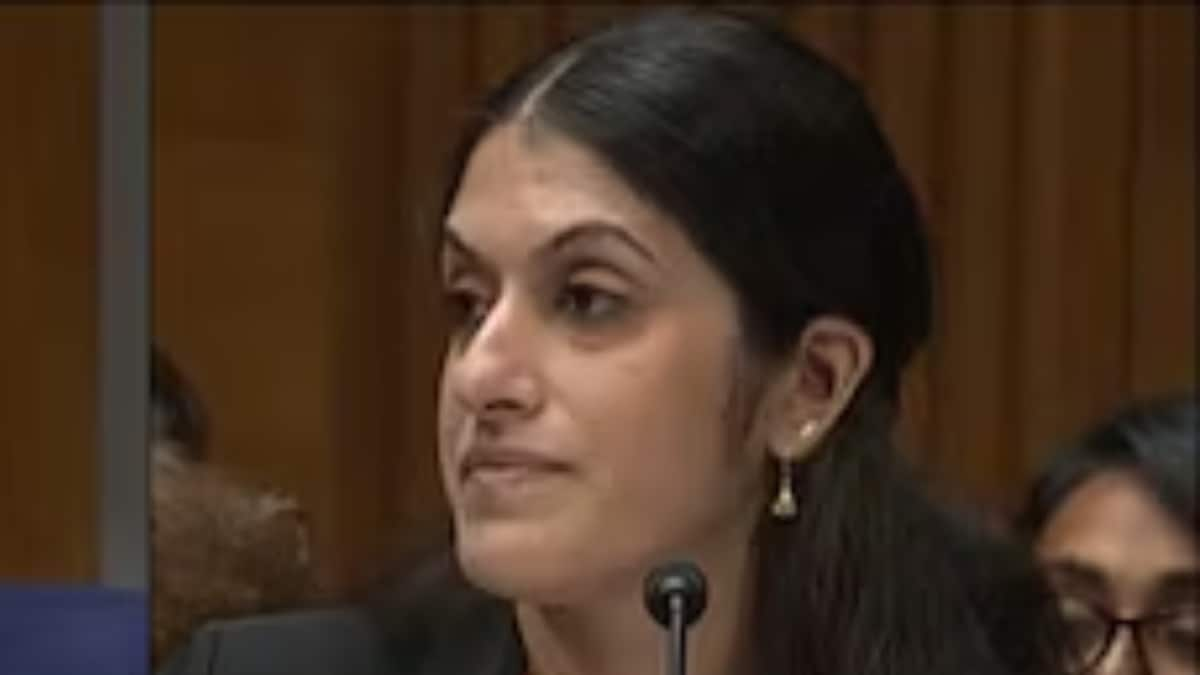The Global Methane Status Report, unveiled today by the UN Environment Programme (UNEP) and the Climate and Clean Air Coalition (CCAC), presents the most comprehensive picture yet of global methane trends, policies, and opportunities since the Pledge launched in 2021.

In 2000, 60% of the methane spewed into the air came from direct human activity. Now it's 65%, the study found. (Photo: Getty)
Global ministers convening at COP30 in Belm issued an urgent call for accelerated methane reductions, following the release of a major new assessment showing that, despite meaningful progress, countries remain far off track to meet the ambitions of the Global Methane Pledge.
The Global Methane Status Report, unveiled today by the UN Environment Programme (UNEP) and the Climate and Clean Air Coalition (CCAC), presents the most comprehensive picture yet of global methane trends, policies, and opportunities since the Pledge launched in 2021.
According to the report, methane emissions—responsible for nearly one-third of today’s global warming—are still rising. However, updated forecasts reveal that projected 2030 emissions under existing legislation are now lower than predicted just a few years ago, owing largely to sectoral regulations, national policies, and changing energy markets, including slower natural gas demand growth between 2020 and 2024.
Despite this improvement, UNEP warns that only “full-scale implementation of proven and available control measures” will enable countries to meet the Global Methane Pledge target of cutting emissions 30% from 2020 levels by 2030. The report paints a mixed picture: encouraging momentum in several major economies, yet persistent gaps in both ambition and execution.
Following the report, the ministers demand a rapid scale-up of methane solutions. At the Global Methane Pledge Ministerial held alongside COP30, government leaders emphasised that the world now has the technologies, policies, and partnerships required to deliver major methane cuts—but must move far faster.
They called for tightened transparency, stronger measurement systems, and enhanced tracking of national progress. Ministers also urged countries to rapidly deploy proven solutions across energy, agriculture, and waste sectors, which together account for the bulk of global methane pollution.
Julie Dabrusin, Canada’s Minister of Environment and Climate Change and Co-Convener of the Pledge, said the findings are both encouraging and sobering. “This report is a crucial assessment of our progress and a key indicator of the work that’s required In just four years, we have made improvements, but we must continue to drive faster, deeper methane cuts,” she noted, stressing that every tonne of methane reduced contributes directly to cleaner air, stronger communities, and a healthier global economy.
Dan J¸rgensen, European Commissioner for Energy and Housing, echoed the sentiment, “Countries and companies are proving that methane reductions are achievable Our task now is to scale these solutions rapidly, working together to keep 1.5°C within reach.”
- Ends
Published By:
Akash Chatterjee
Published On:
Nov 18, 2025

 1 month ago
1 month ago


